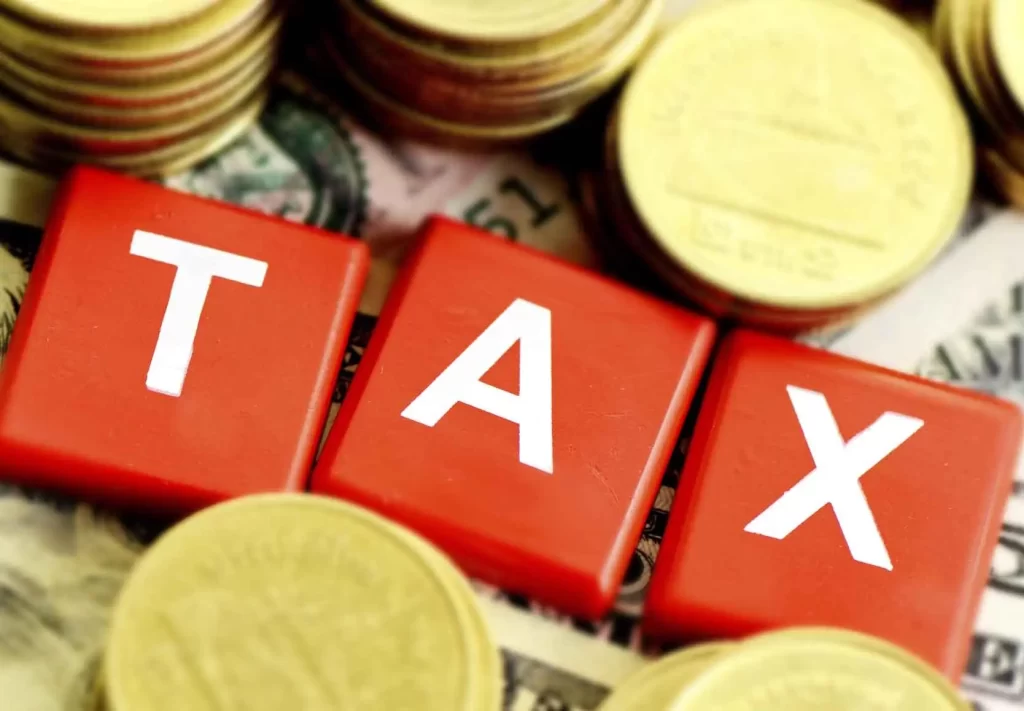
A tax analyst is responsible for understanding and applying the tax laws of different countries. These professionals must understand how to structure business transactions to minimize their tax burden. Corporate taxes are attracting increased scrutiny from the public and governments alike. They have often taken advantage of tax incentives and loopholes to reduce their overall tax liability. However, these practices can be harmful for businesses, causing a higher tax burden than necessary. Tax analysts are critical to this process. Therefore, these professionals should understand the intricacies of tax laws and how they impact a company’s bottom line.
A tax analyst is a financial professional who prepares and reviews tax forms for clients. This job involves researching and analyzing tax laws, preparing tax returns for individuals and businesses, and ensuring compliance with tax laws. Tax analysts also review and submit tax documents, determining whether a business or individual has any tax savings opportunities. Their work may require them to consult with other professionals, review financial records, and develop strategies to help clients minimize their tax burden.
A tax analyst is a key part of a company’s accounting and finance team. They gather and analyze tax information and prepare reports and recommendations for company management. Moreover, they support the team during tax audit activities, monitor tax law changes, assess their effect on operations, and implement changes that have been approved. They also participate in departmental projects and contact taxing authorities to pursue tax opportunities. This type of position requires a strong knowledge of tax laws and regulations and is responsible for maintaining spreadsheets.
For a tax analyst job, a university degree or an MBA is recommended. A CPA license is required for this position. Most tax analysts start their career in an entry-level position, and then progress through the ranks to senior tax analyst and manager positions. After gaining enough experience, some may even move into executive positions or start their own tax consulting firm. These are all great opportunities for aspiring tax analysts. It’s never too late to become a tax analyst! So, what is it taking to get your tax analyst job?
Those interested in a career as a tax analyst should first obtain a bachelor’s degree in accounting or a related field. Some employers, however, prefer applicants with an MBA in accounting or taxation. A tax analyst’s salary is $4,083 less than that of a corporate accountant. You can make your dream job in tax accounting! Just remember to do your homework and study as much as you can about tax laws and their implications.
A tax analyst can make up to $53,130 a year. Besides their high salaries, tax analysts can also receive bonuses and profit-sharing schemes. Most companies offer full-time tax analysts with full benefits, which includes health and life insurance. A 401(k) retirement plan and paid vacation days are standard. In addition to their base salaries, tax analysts may also get a generous profit-sharing bonus based on performance. So, if you’re interested in this career, you shouldn’t delay your decision.








